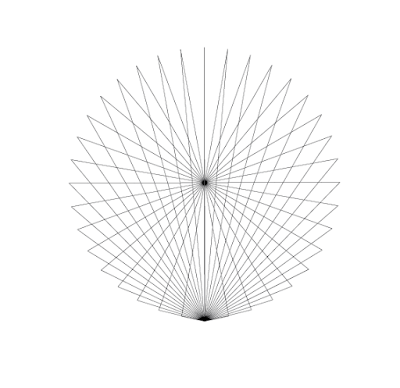Grounding and Simplicity
One of the basic problem of grounding theory originates from an assumed fundamental asymmetry between the ultimate explanans and explananda of metaphysical explanation. While explananda can be composed of other facts in several ways, by disjunction, negation, conjunction, quantification, etc., the fundamental facts that constitute the explanans are supposed to be simple in themselves and total explanans can only be composed in of these simple facts in a straightforward aggregative way. In other words, while we need to find a metaphysical explanation to disjunctive, negative, quantified truth-bearers, etc., Neo-Aristotelian metaphysics resists the acceptance of fundamental negative, disjunctive or quantified facts. Thus, it faces the significant challenge of having to find adequate non-disjunctive grounds for disjunctive facts, positive grounds for negative facts, non-quantified grounds for quantified fact, non-modal grounds for modal facts, etc.
So far, this task had proved elusive to say the least. Complexity does not come from free.
One promising way to meet this challenge is to move the complexity internal to the metaphysical explananda to the relation between explanans and explananda. This solution follows a very well-known sort of strategy that has been successfully exploited in other areas of philosophy besides metaphysics, like theories of causality, content and logical consequence.
The simplest pluralist or conditional version of this idea is that not everything that is metaphysically involved in explaining the obtaining of a complex fact need be equally related with the fact it explains. In other words, metaphysical explanation does not consist exclusively in a single relation of grounding between a set of simple facts and another, complex, fact, but instead is constituted by different simple facts being differently related to the explanans. Thus, it is possible to have some facts related through grounding and others through something else, like a background condition.
So for example, you can say that the metaphysically explanation that, for instance, all owls currently live in North America is grounded on all the simple facts of the form [x lives in North America] for all the x that are the owls currently in existence but also requires the background condition of these being all the owls that there actually are in the universe.
In a more complex relativist or defeasible version, you could have the relation of grounding itself be related to other entities not as relata to the relation of grounding (and therefore, not as grounds) but as something else, like an enabling condition or a possible defeater.
So for example, you can say that the metaphysically explanation that, for example, all owls currently live in North America is grounded on all the simple facts of the form [x lives in North America] for all the x that are the owls currently in existence and that this grounding relation is conditioned on the background condition of these being all the owls that there actually are in the universe.
The difference is subtle but not always negligible.
On both conceptions of metaphysical explanation, grounds and background conditions or grounds and enabling conditions and possible defeaters are all involved in the explanation, but they play different roles in it.
These conceptions are usually presented as rejecting necessitism, but this claim is equivocal. We can identify at least three senses of necessitism regarding metaphysical explanation:
- Metaphysical Explanation Necessitism: If all the conditions of the metaphysical explanation of X obtain, then X cannot fail to obtain as well.
- Grounding Necessitism: If all the conditions of the grounding of X obtain, then X cannot fail to obtain as well.
- Ground Necessitism: X cannot fail to obtain if its grounds obtain as well.



Comentarios
Publicar un comentario